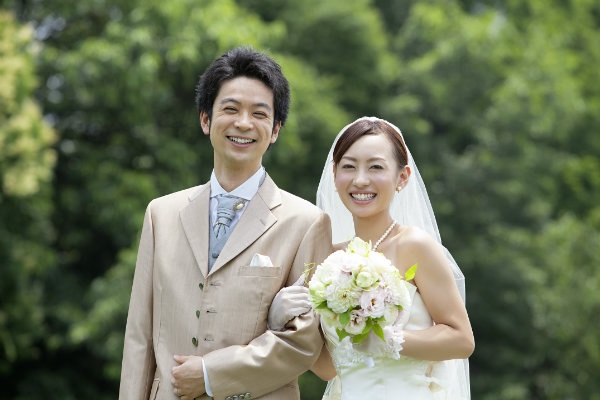10 Scary Superstitions & Taboos in Japan
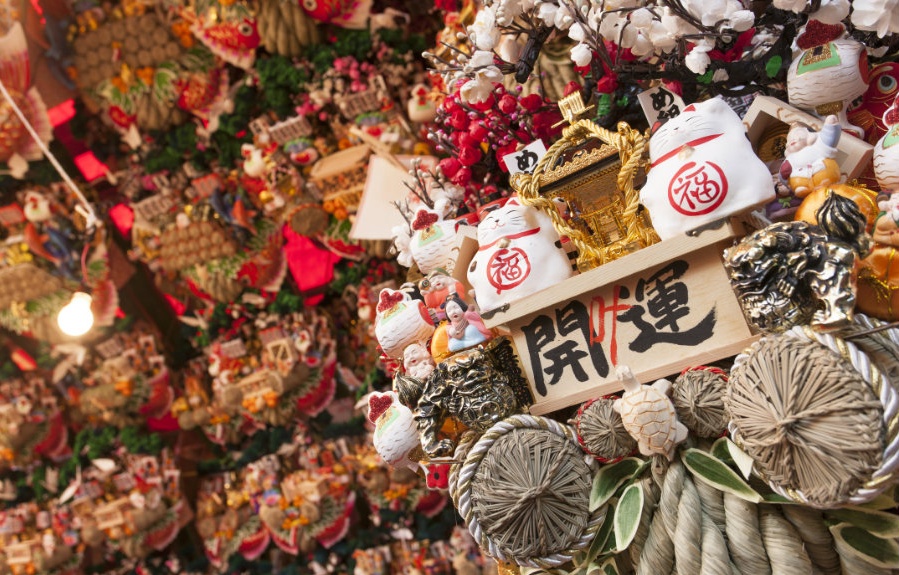
Rooted in the nation’s long history and culture, some of Japan’s superstitions are so bizarre that they can baffle many visitors. However, they’re generally meant to teach lessons or to serve as practical advice on a daily basis. With that in mind, let’s take a look at 10 scary superstitions and taboos in Japan!
By John Asano10. Don’t Step on the Border of a Tatami Mat
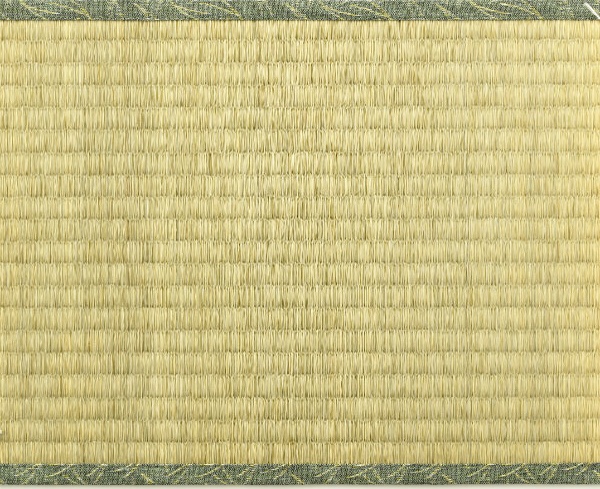
Stepping on the cloth border of a tatami mat may bring bad luck. Made of woven straw, tatami mats are very common in Japanese homes, and some contain family emblems on the borders, so stepping on them with your feet is said to be like “stepping on your parent’s head,” which is considered both rude and back luck.
9. Never Write a Person’s Name in Red Ink
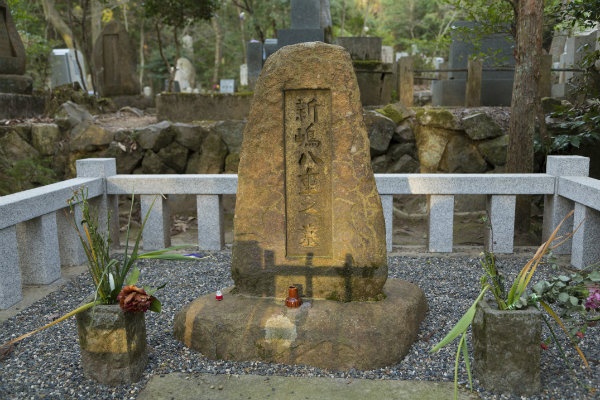
You should never write a person’s name in red ink as it can invite death. Japanese tombstones are marked with names written in black or red ink. Deceased family members are marked in black, while those who are still living are written in red. Since it's associated with the grave, it’s considered inappropriate and unlucky to write someone’s name in red.
8. Don’t Say ‘Kaeru’ or ‘Modoru’ at a Wedding
Japanese superstitions claim that it’s bad luck to say either kaeru (to go home) or modoru (to return) during a speech at a Japanese wedding. Why? Because it will supposedly jinx the marriage, and cause the bride to leave the groom and return home to her parents.
Generally speaking, any terms that might be associated with a break-up should be avoided in a wedding speech. This includes words such as kiru (to cut or disconnect), owaru (to end), yabureru (to be torn), wareru (to be broken or smashed), akiru (to get bored) or suteru (to throw away). Words associated with death and sorrow are also out. There are actually quite a few—check below for the rest!
7. Breaking a Comb is Bad Luck
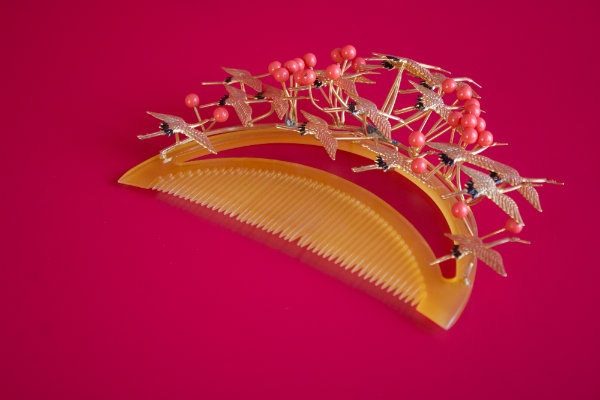
Breaking a comb—or the strap of geta wooden sandals—is an omen of misfortune and bad luck. In the past, combs were very expensive and treasured items, and you would have to be crazy to break one. This is very similar to the Western belief that breaking a mirror brings seven years of bad luck.
6. The Number Four
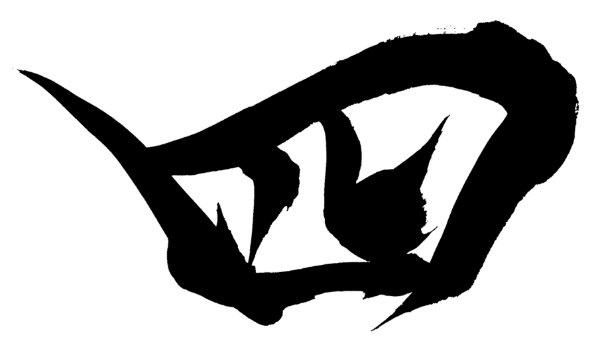
The number four is traditionally considered unlucky in Japan, as the Japanese word for four is pronounced shi, which sounds just like the word for death (the "four sounds like death" taboo is also true in China, Korea and Vietnam). Therefore, you should never give a gift consisting of four pieces of anything, and you will also find that hotels and other places often skip the number four when giving numbers to rooms, similar to how Western buildings sometimes skip the unlucky 13th floor.
5. Avoid Pictures of Three People Side by Side
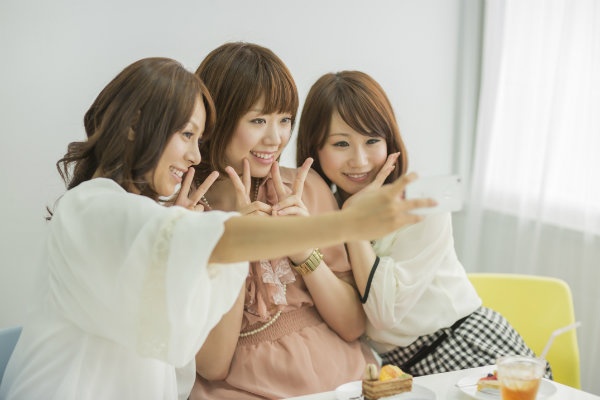
You should be careful of how you take pictures with family and friends in Japan. Never take a picture of three people side by side, or, according to Japanese superstition, the person in the middle will die before the other two people.
This actually goes back to the earliest days of photography in Japan, when cameras could only accurately focus on the person in the middle of a portrait. Older people still believed photos stole your soul, and it was thought that a more accurate portrait meant that more of your soul was stolen. On top of this, the most respected person tended to be placed in the middle—in other words, the oldest person—who would then tend to die before the others, reinforcing the belief.
4. Don't Sleep with Your Head Facing North

Never sleep with your head facing north or you will have a short life. That is, you may soon die! Why? Because this is the way a body is laid out at a funeral in Japan.
3. Don't Whistle at Night
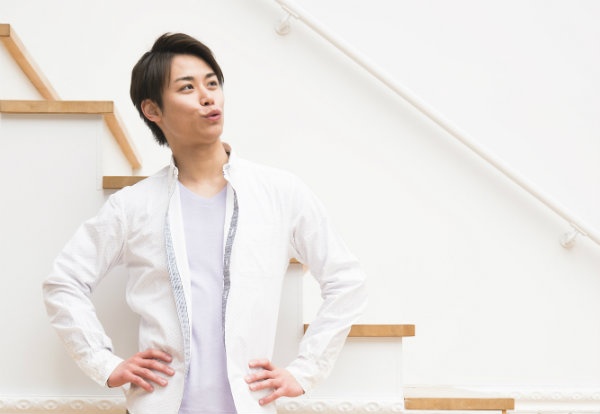
If you whistle or play a flute at night, it’s said snakes will come to you—or you’ll be robbed, or you’ll be abducted by tengu mountain spirits.
In the age of the samurai, whistling was commonly used by thieves and criminals to communicate with each other, so it was said that whistling at night would invite trouble or attract villains into your house. The key lesson here is not to bother your neighbors after dark!
2. Don’t Cut Your Nails at Night
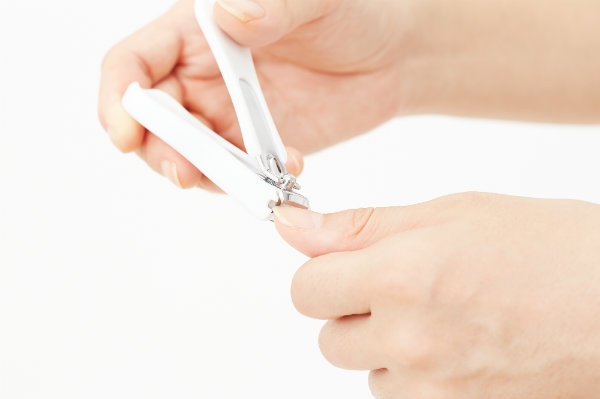
Cutting your fingernails or toenails at night is bad luck and must be avoided. If you do so, it’s believed you won’t be with your parents at their deathbed. Why? Well, it’s a long story.
The first part of yoru ni tsume wo kiru (“cut your nails at night”) is yoru ni tsume wo, which sounds like yo wo tsumeru, meaning “to cut one’s life short.” So it’s actually your own life that will be shortened, which is why you won’t outlive your parents. Mom and dad only get involved when you turn the superstition into the following poetic phrase:
”Yonaka ni tsume wo kiru to
oya no shinime ni aenai.”
“If you cut your nails at night,
you won’t see your parents’ deaths.”
The superstition is believed to have come about largely to keep people from cutting themselves while trimming their nails in the dark back in the days when cutting your nails meant dragging a knife across your extremities—which could be pretty dangerous in poor lighting.
1. Hide Your Thumbs from a Hearse
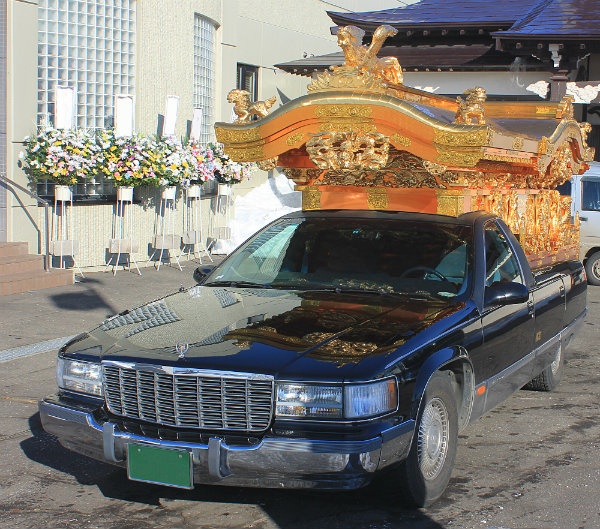
If a funeral hearse drives past, and you either see or hear it, you must hide your thumb in your fist, or your parents will die young. The Japanese word for thumb, oyayubi, literally translates as “parent-finger.” Hiding it is considered protection for your parents, as spirits of the dead can enter your body from underneath your thumbnail! (This is also another reason why it might be bad to cut your nails at night—you’re making a gap in your body through which spirits can enter!)


